An Australian resident has received a massive fine after they illegally cleared National Park Land in Koonyum Range, New South Wales — all so they could build their own structure in the area.
The Australian court system acted swiftly in fining this local for illegally clearly acres of trees and native vegetation in the protected area.
Land in Mount Jerusalem National Park
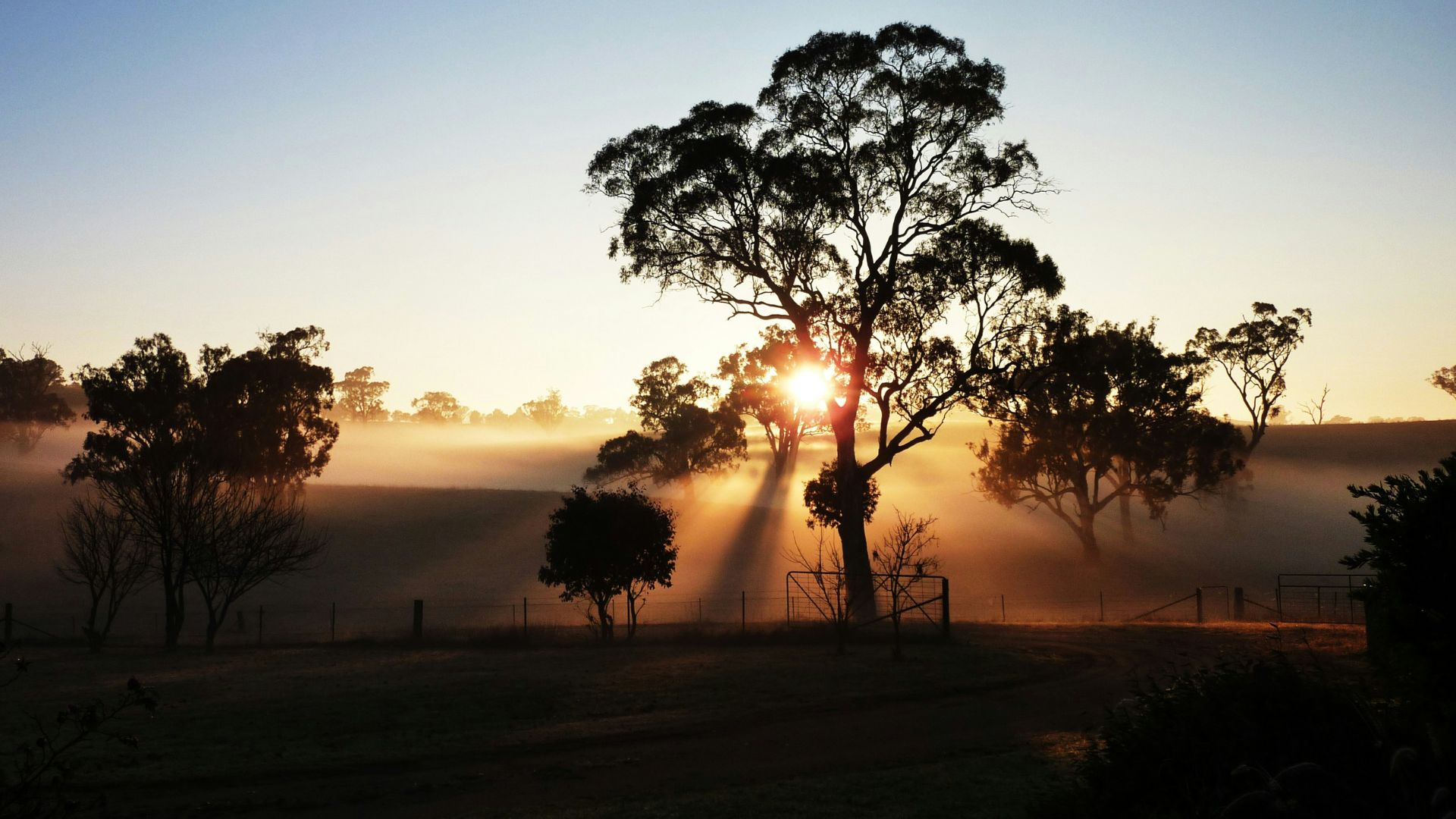
This latest situation occurred in Mount Jerusalem National Park, which is home to many native species, animals, and plant life.
In Australia, there are many laws in place to protect national parks like Mount Jerusalem, as government officials want to ensure these native lands remain safe for the natural ecosystem and wildlife to thrive.
An Unnamed Offender
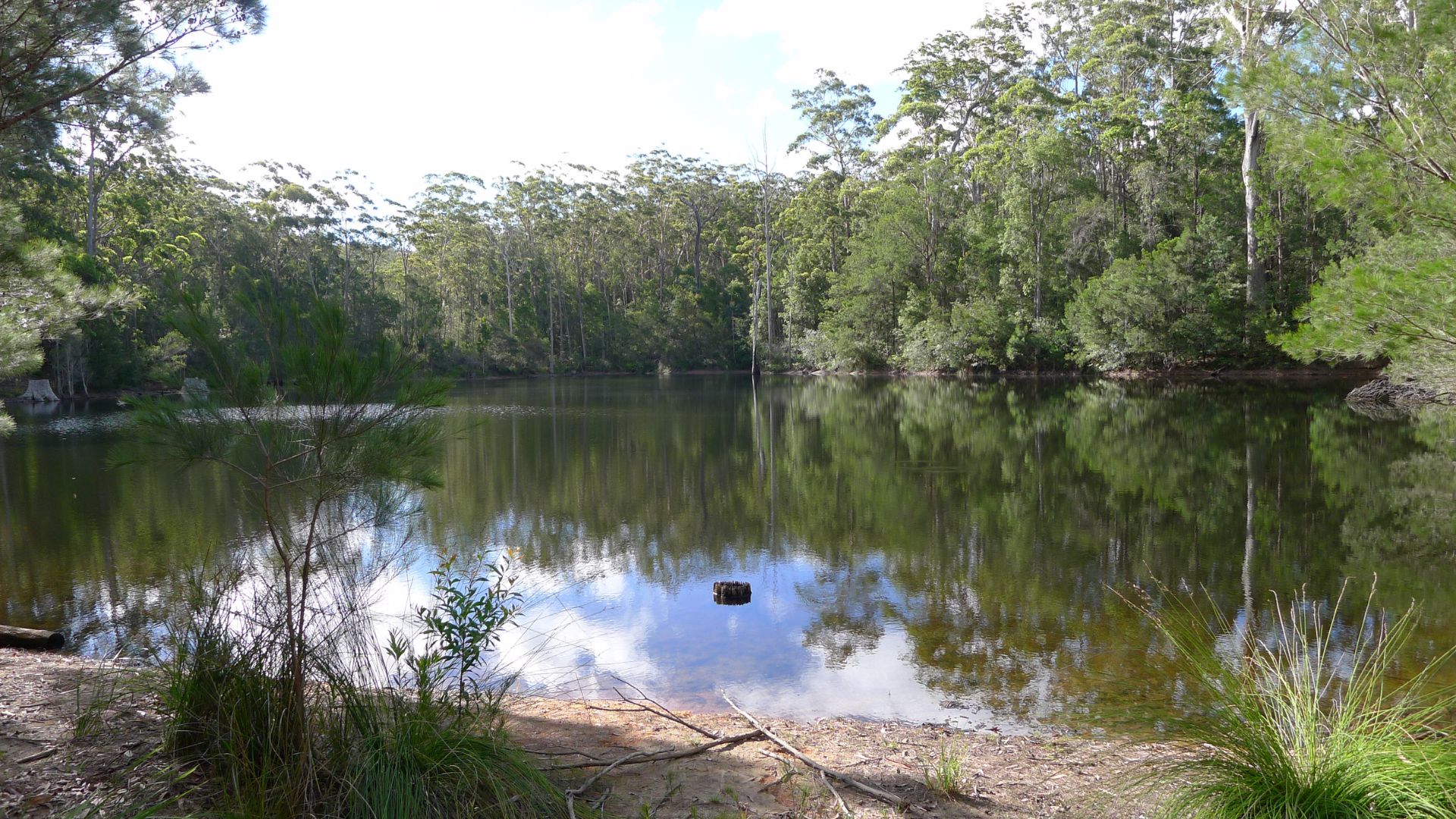
Mullumbimby Local Court found this unnamed offender guilty of clearing and destroying about eight acres of native national park land.
This Australian resident evidently destroyed all this land so that they could build their own structure in the area. All of this was done illegally.
The Violation of Acts and Regulations
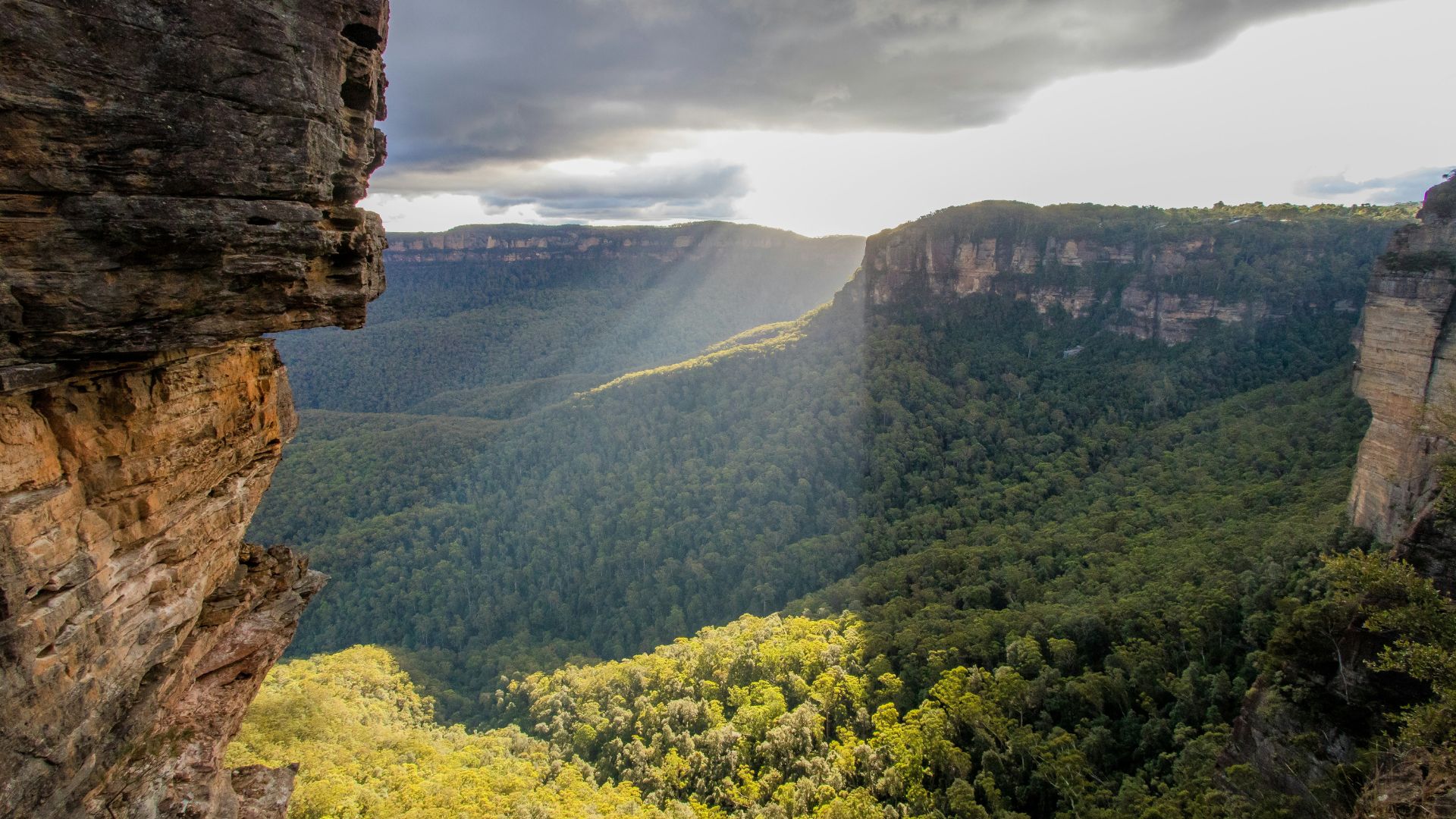
According to this conviction, this unknown local was charged with various violations, including violating the National Parks and Wildlife Act 1974.
This resident also violated the National Parks and Wildlife Regulation 2019. Thanks to these violations, the local was ordered to pay a hefty fine.
A Massive Fine

The courts have ruled that this resident must pay an almost $22,000 fine — which is about $14,000 USD. This fine includes both penalty charges and court costs.
The offender must also complete two one-year community corrections orders for being found guilty of this crime.
Why This Offender Destroyed National Park Land
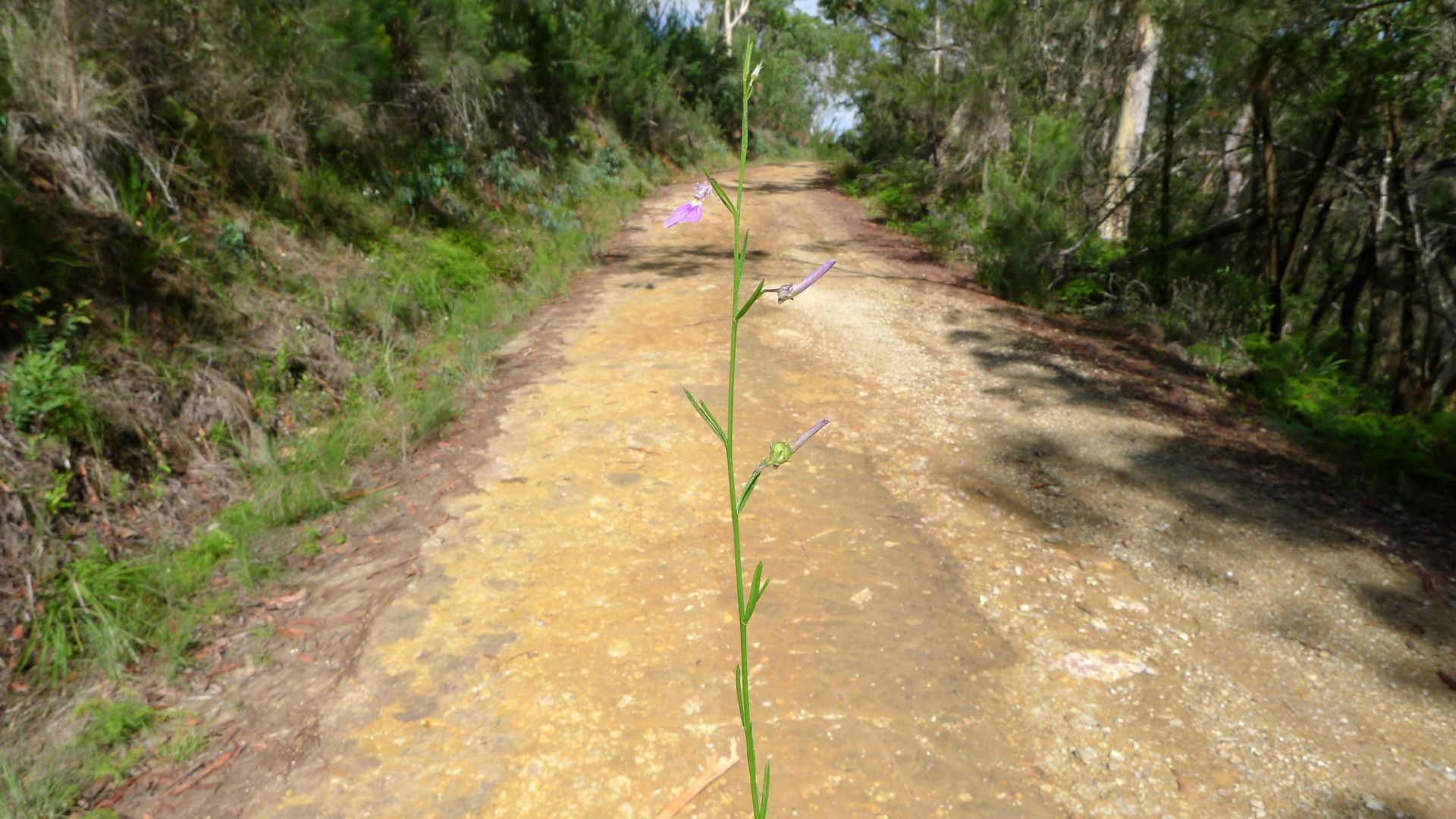
It appears that this resident of this specific region destroyed 8 acres of national park land because they seemingly thought it was their own property. They did not accurately check their own property boundaries.
This resulted in the destruction of 8 acres of cleared national park land — and the person being faced with a large fine.
A Strong Message
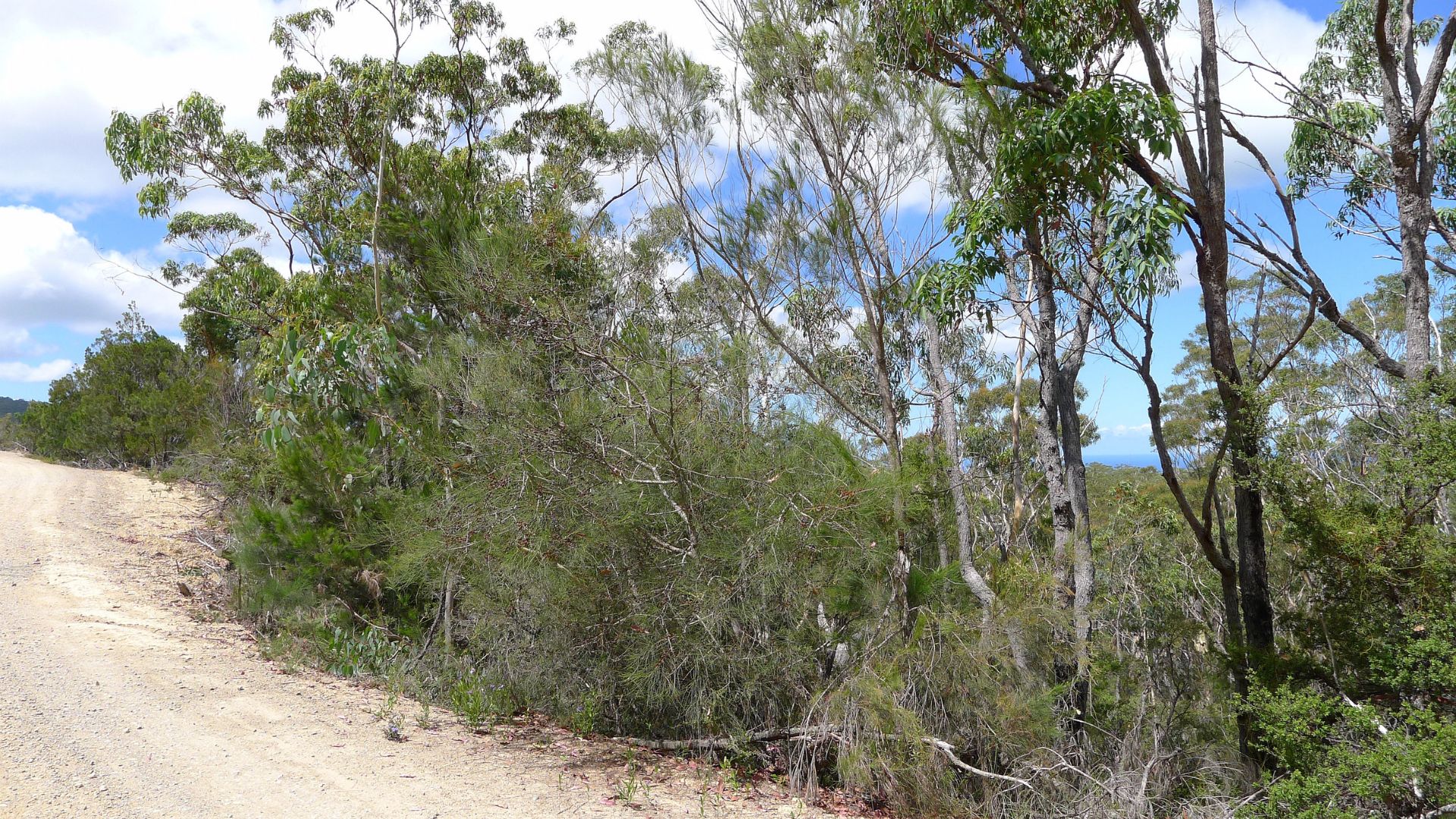
Jenny Atkins, the NSW National Parks and Wildlife Service area manager, opened up about the strong message this court decision sends.
Atkins explained, “This sends a strong and very clear message to people that before you clear land or cut down any trees or do any building work, even on your property, you should know where the property boundaries are.”
Always Ask Officials
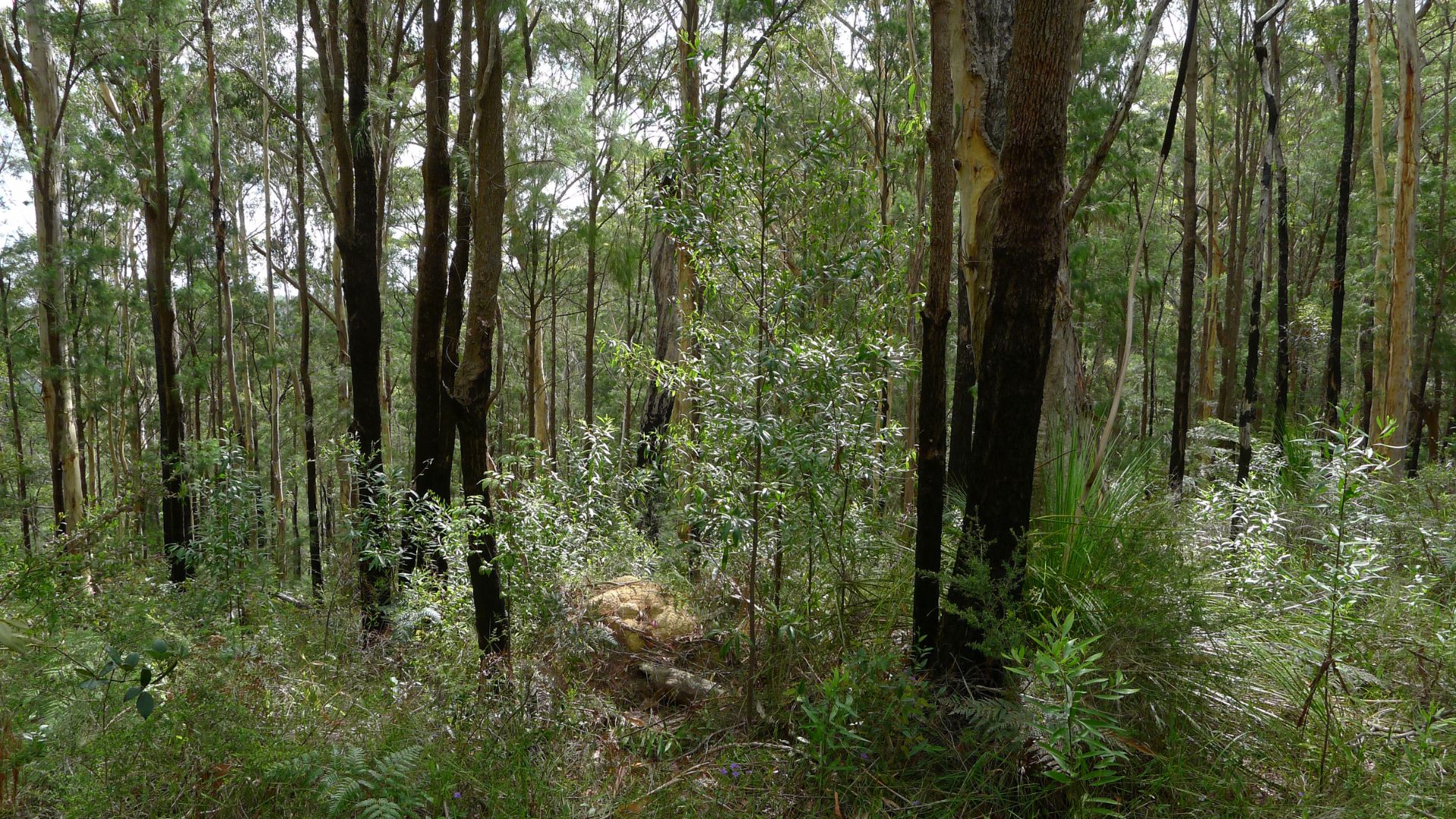
Atkins further added that residents in the area should always double-check with officials if they have questions about their property boundaries. After all, the last thing they want to do is accidentally clear park land.
“You should always check with the local council to see what is allowed and what is not,” Atkins said.
Harming Vulnerable Species
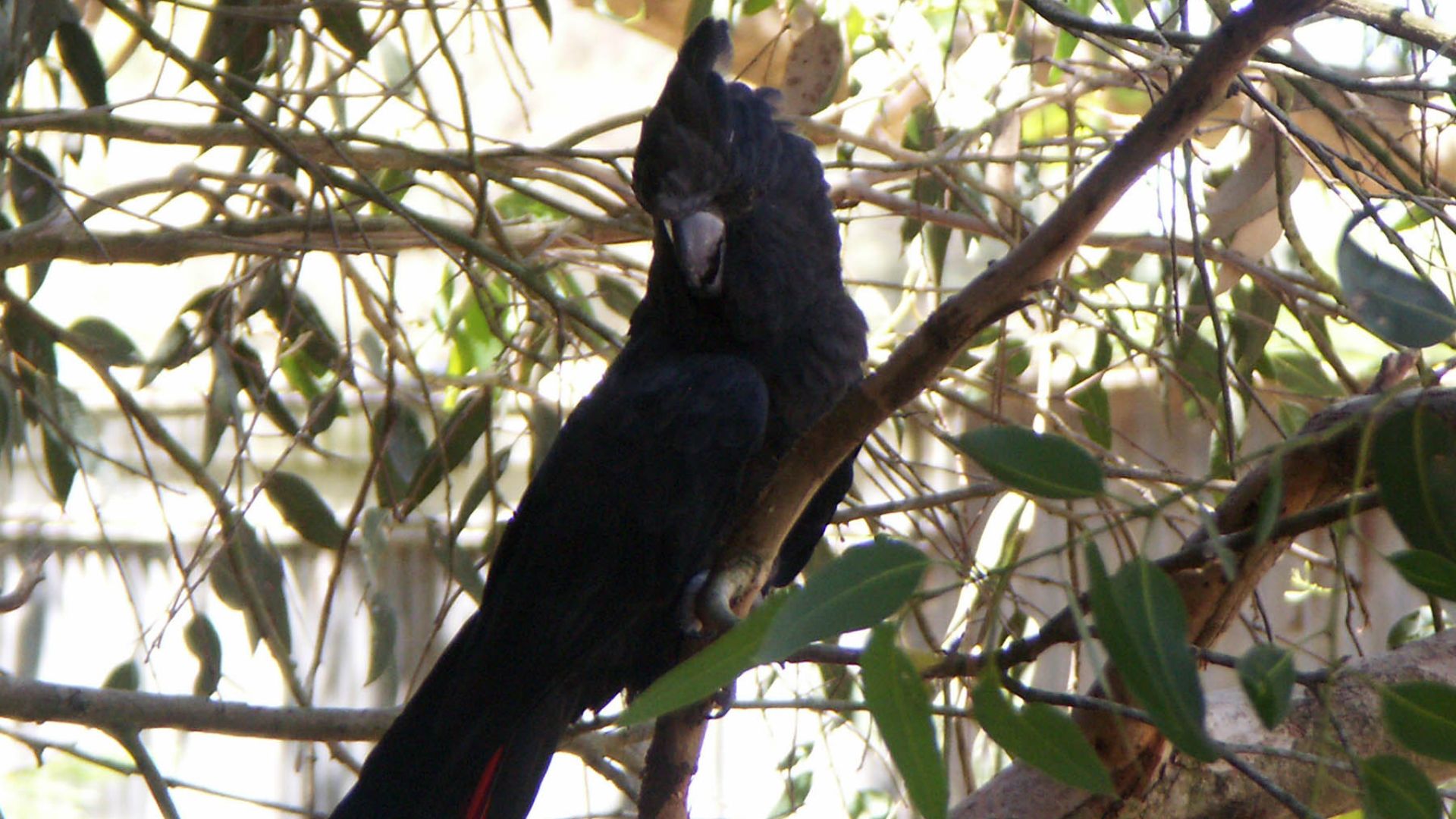
There are a variety of reasons why officials in Australia don’t want residents to cut down trees or clear areas of their vegetation — particularly when this land is national park land.
Perhaps most importantly, this specific park is home to many vulnerable species, including the glossy black cockatoo.
About the Glossy Black Cockatoo
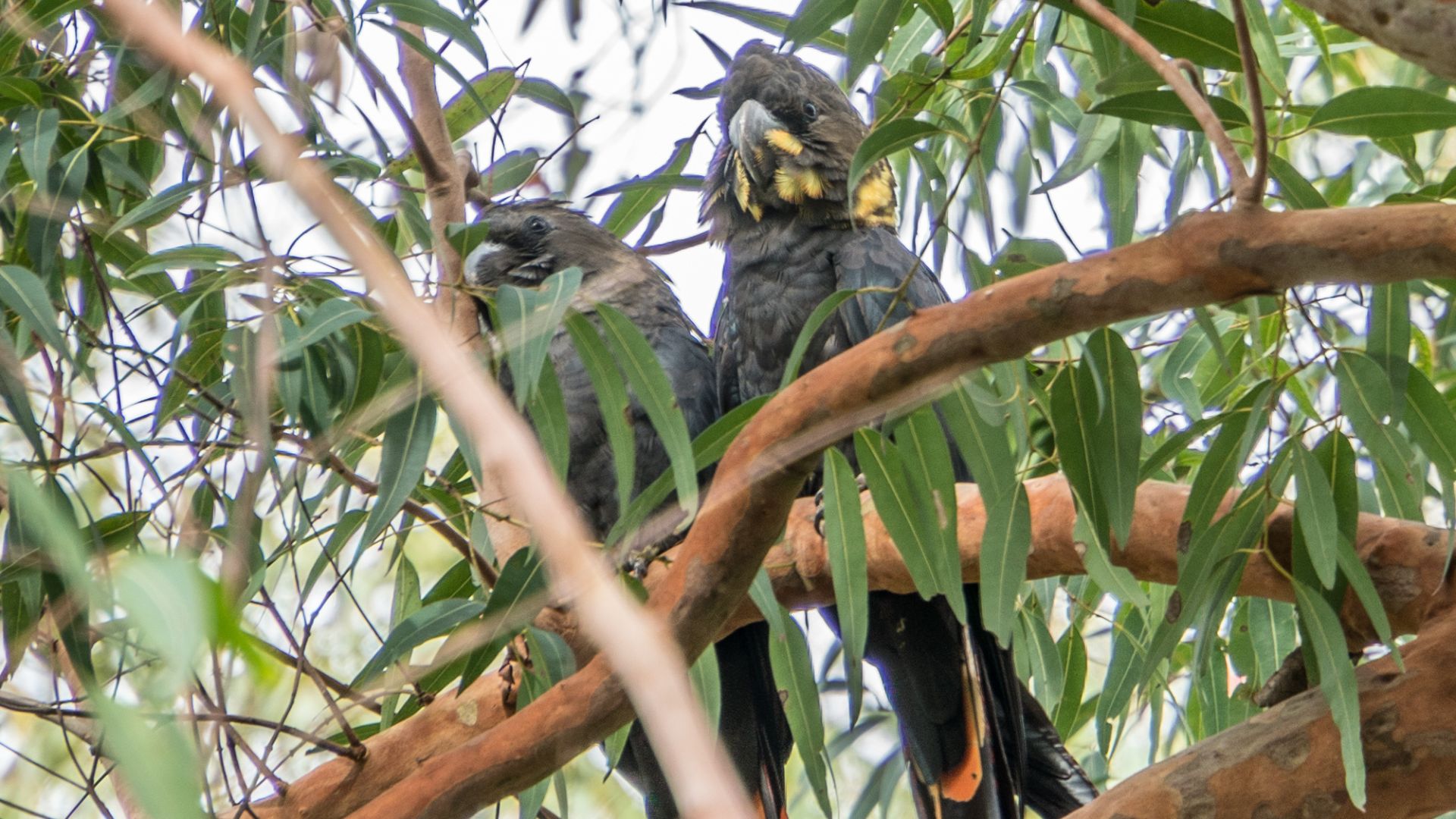
The glossy black cockatoo is known to live in the Mount Jerusalem National Park, and it can make a home in the forest oaks that thrive in this region.
By cutting down these oaks, this resident was eliminating both the home and certain food resources that these cockatoos live off of.
Cockatoo Struggles
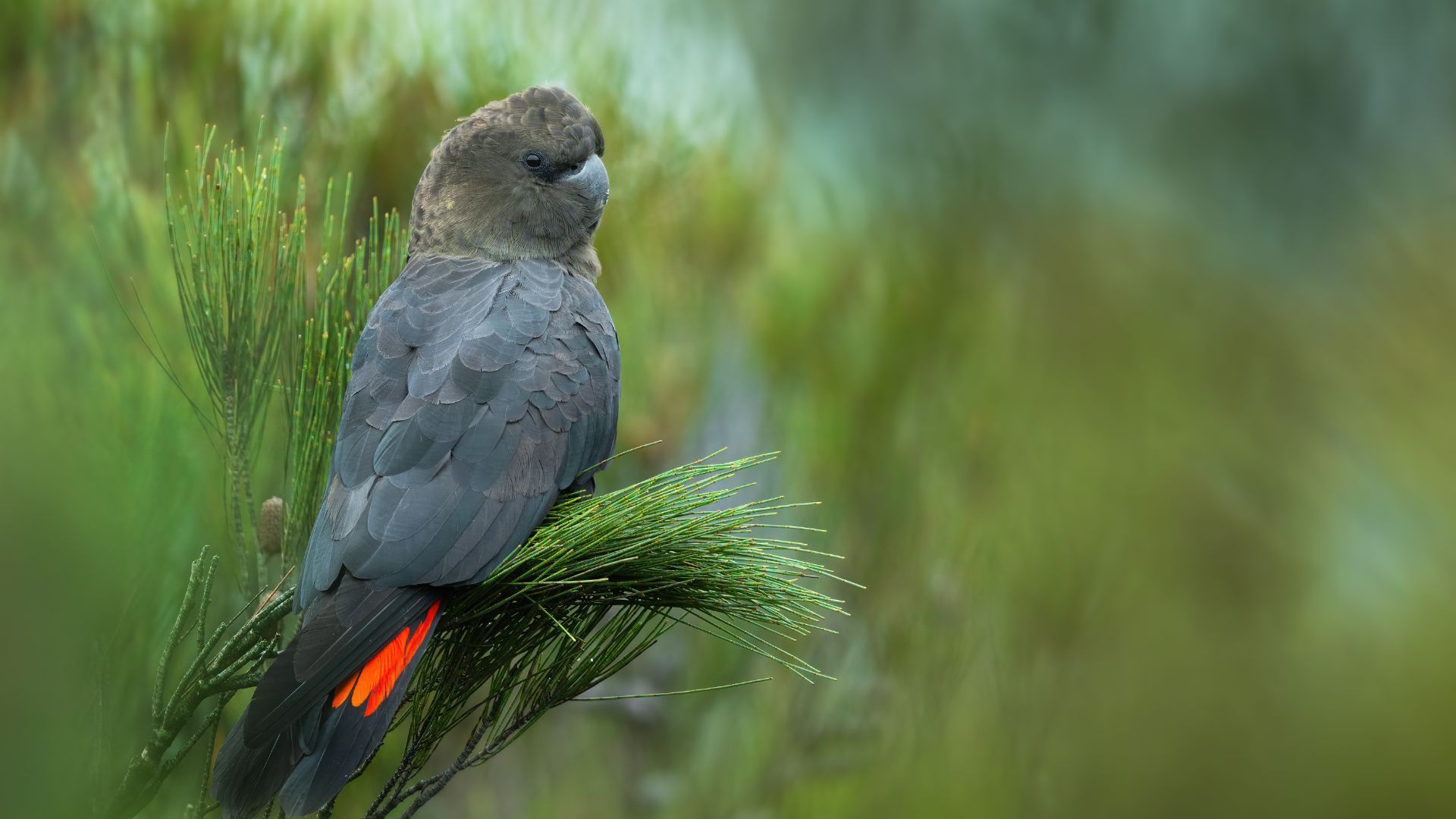
Unfortunately, the glossy black cockatoo has faced ample struggles ever since European colonization. During this period, the bird suffered from immense habitat loss.
Now, many wildlife experts remain concerned that this vulnerable species will continue to struggle, thanks to a change in bushfire patterns. This cockatoo also faces increasing predation from possums and feral cats.
Fighting Against Deforestation
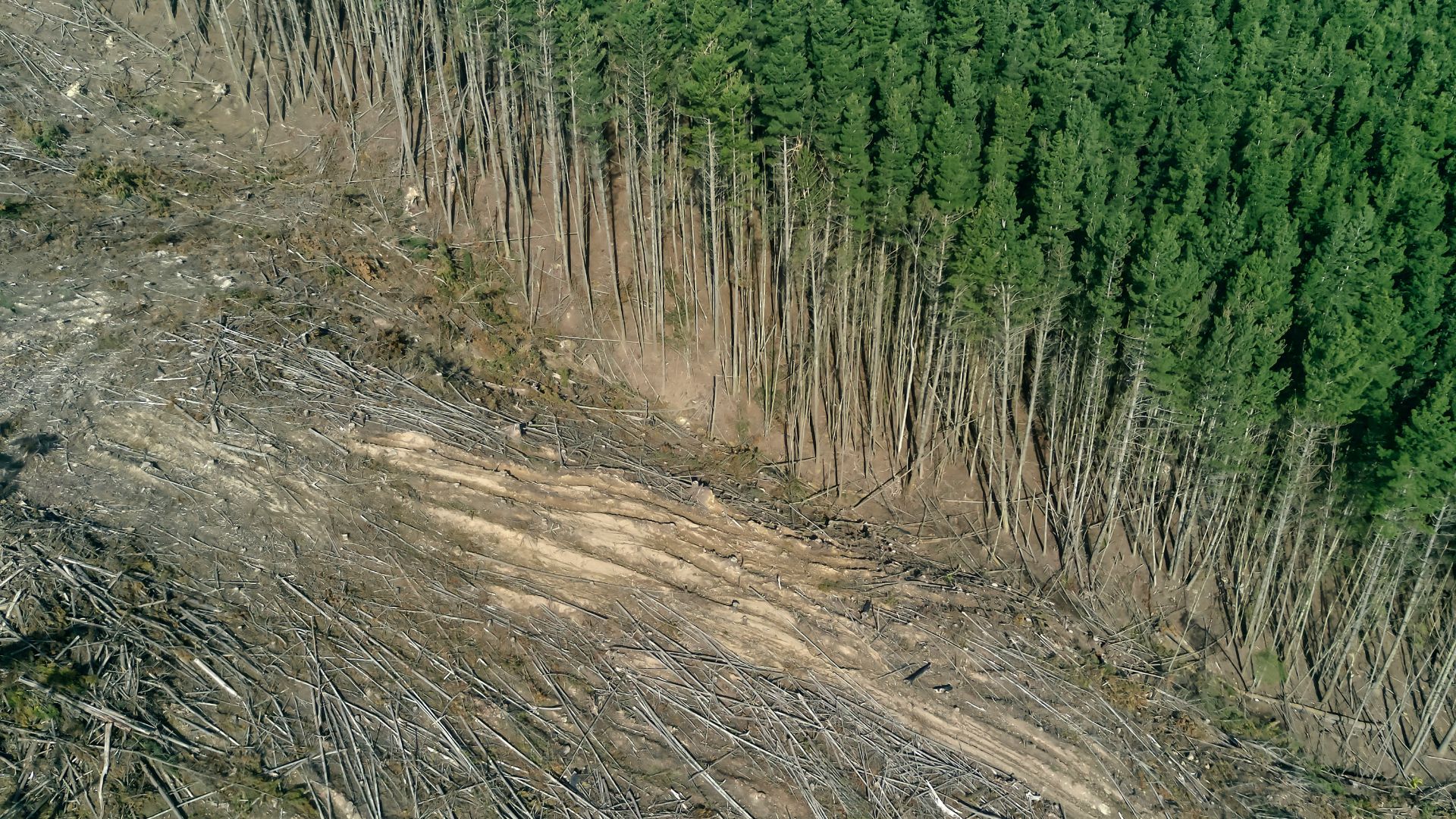
Many government officials have also tried to fight against deforestation, even though this practice remains in use in various regions. Deforestation can help increase climate change, as it also fuels warmer temperatures on the planet.
Deforestation and hotter temperatures, hand in hand, can lead to changing — or outright destroying — many ecosystems around the world.
